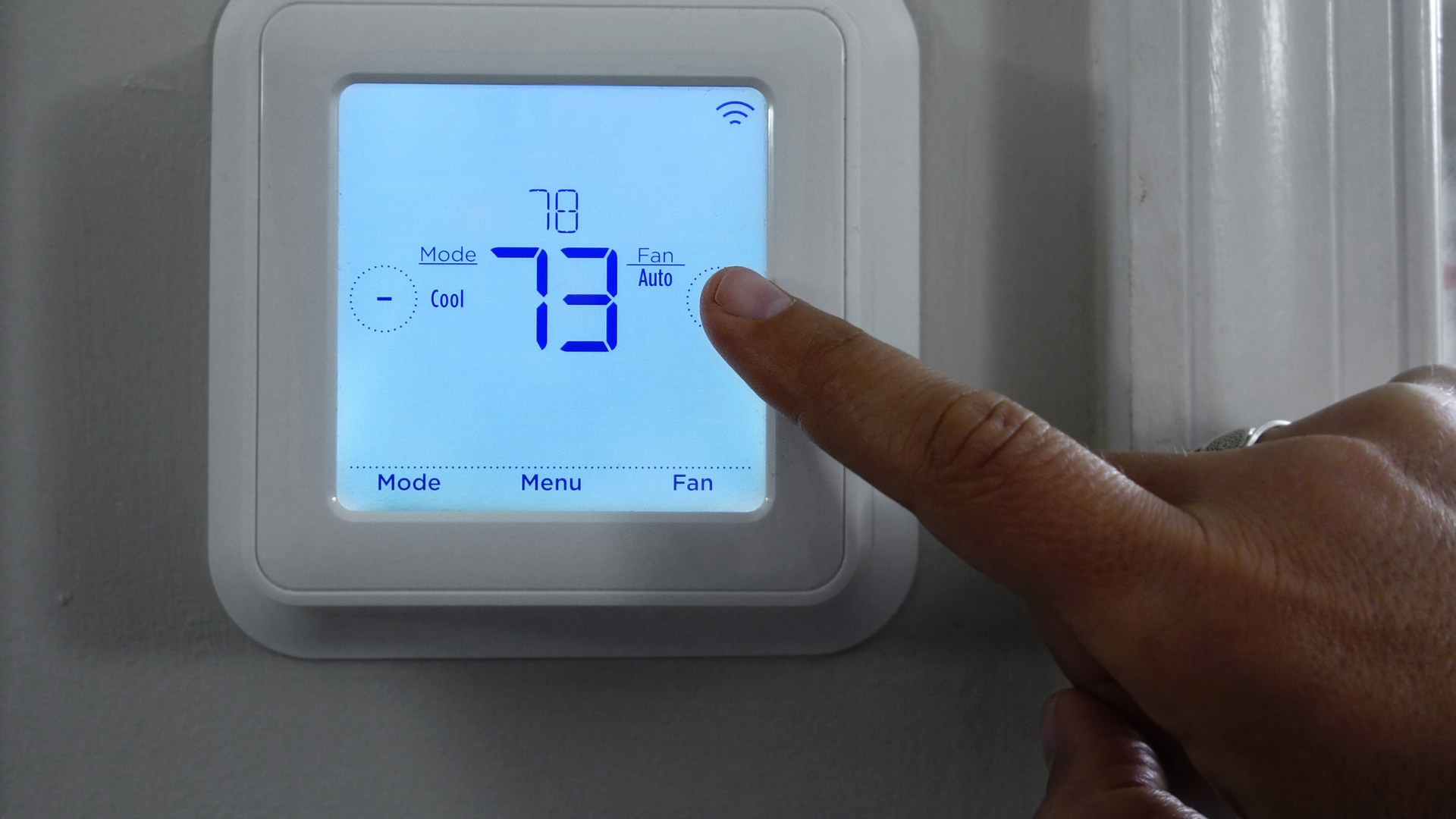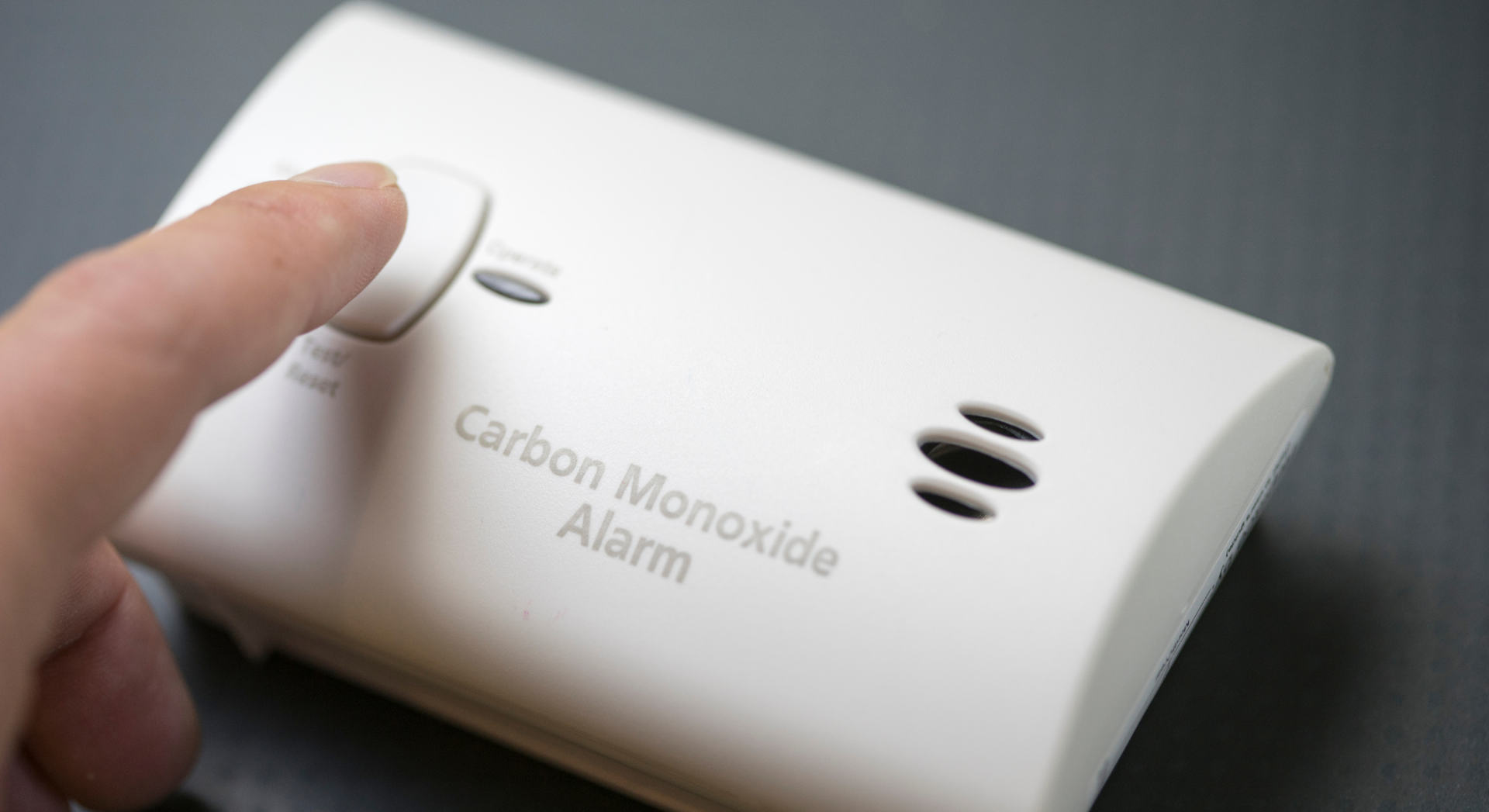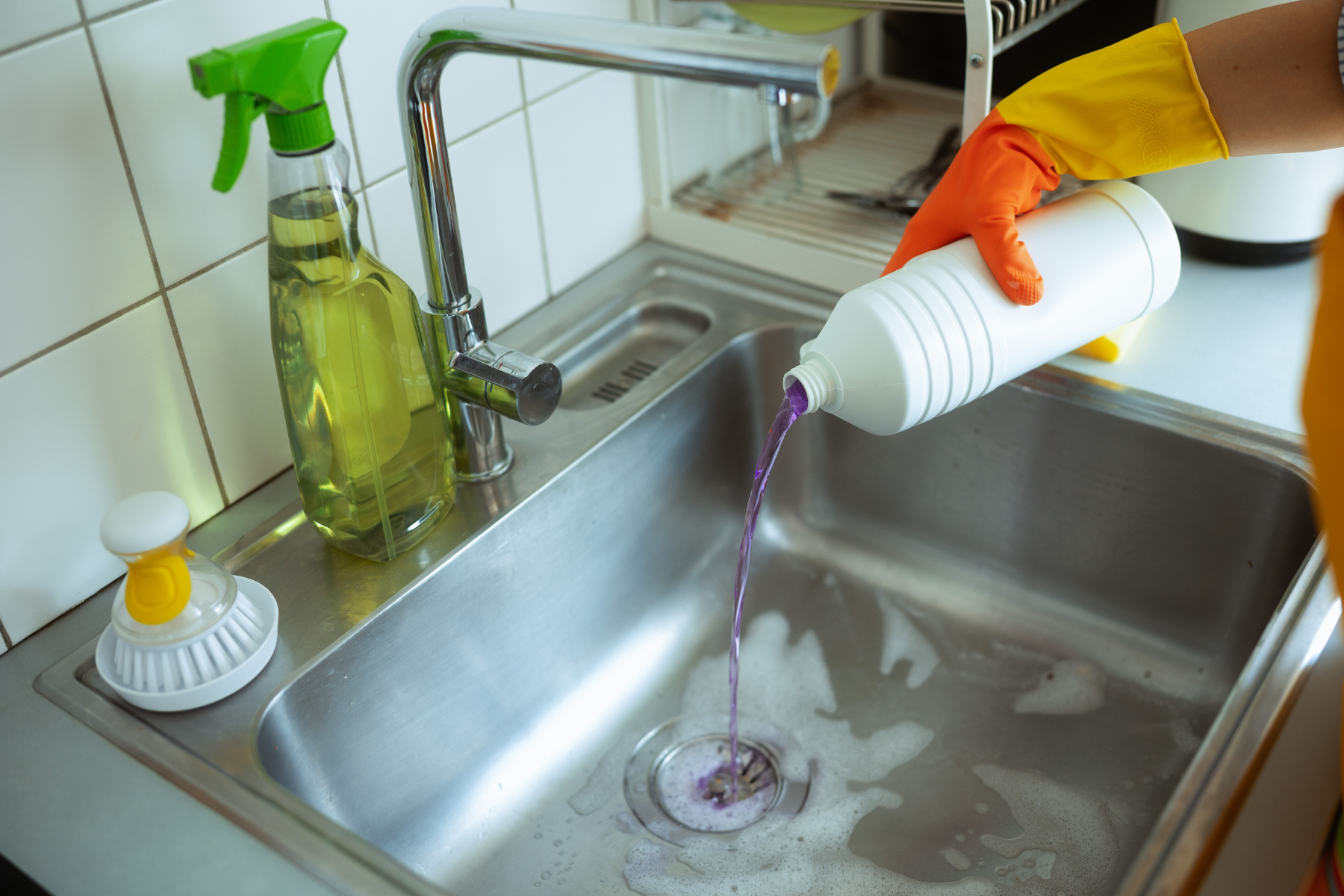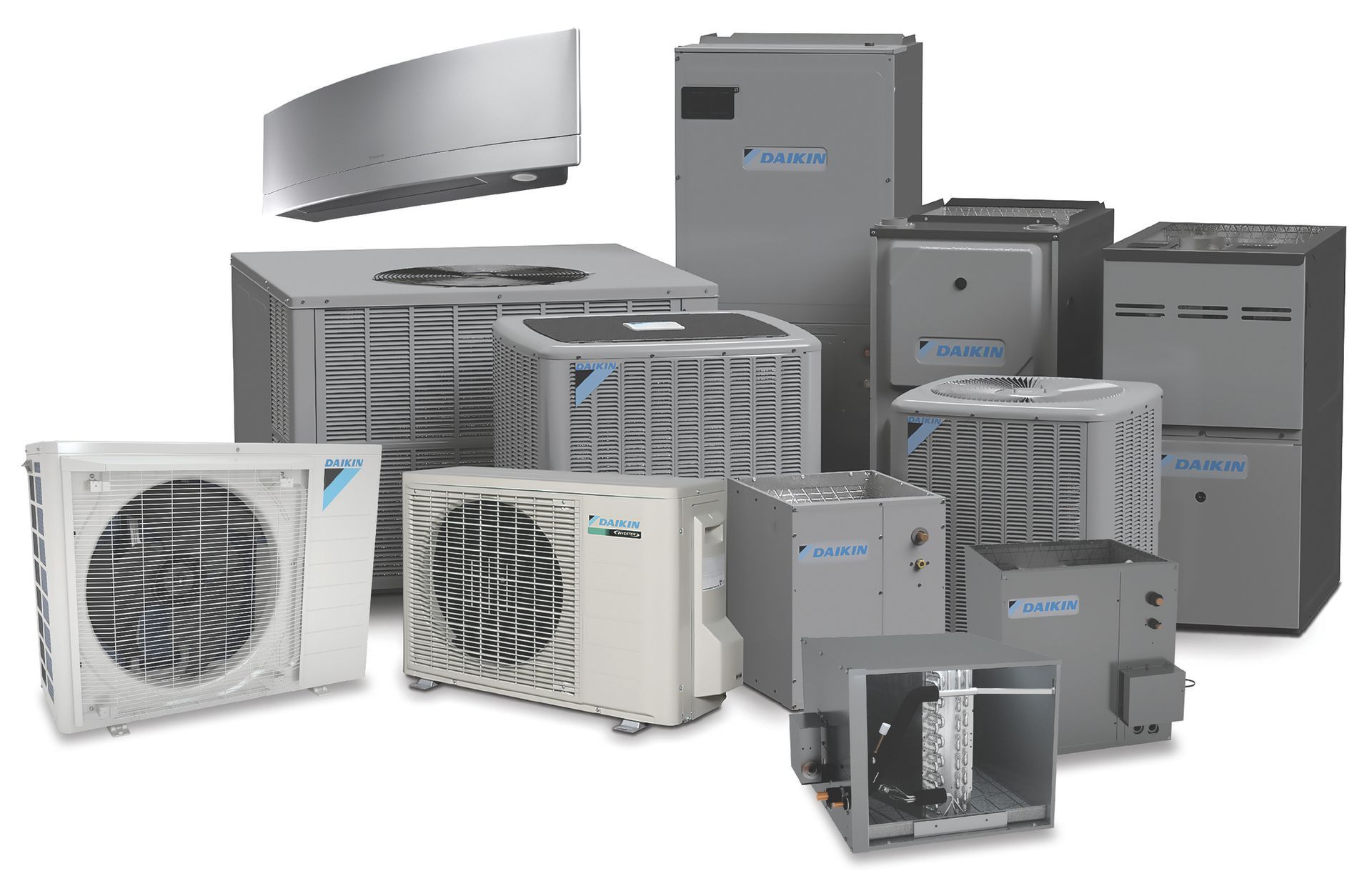How Your Home's Insulation Affects Your HVAC System
The Unseen Connection: How Your Home's Insulation Affects Your HVAC System

You've invested in a top-of-the-line heating and cooling system, but your energy bills are still high. Your AC unit runs almost non-stop in the summer, and your furnace struggles to keep up in the winter. What gives? The problem might not be with your HVAC system at all, but with the "shell" of your house—specifically, your insulation. A poorly insulated home can be the silent saboteur of your heating and cooling system’s operational efficiency and lifespan.
The Efficiency Drain: Why Your System is Working Overtime
Think of your home's HVAC system as a pump. Its job is to move hot or cold air into your living spaces to reach a comfortable temperature. Now, think of your home's insulation as the container holding that air in. If that container has cracks and holes, the "pump" must run constantly just to keep up with the air that's leaking out.
This is exactly what happens with poor insulation. Heat naturally wants to move from a warmer area to a cooler one. In the summer, heat from outside wants to get in, and in the winter, the heat you've paid to generate wants to get out. A home with insufficient insulation or air leaks forces your HVAC system to run longer cycles to maintain the desired temperature. This increased workload directly translates to higher energy consumption and a bigger energy bill every month.
The Lifespan Shortening: The Cost of Overexertion
Beyond efficiency, a poorly insulated house places an immense strain on your HVAC equipment. Just like any machine, a heating or cooling system that is forced to work harder, for longer periods, will experience accelerated wear and tear.
This constant on-and-off cycling and extended run times put stress on crucial components like the compressor in your air conditioner and the blower motor in your furnace. Over time, this stress can lead to premature component failure, costly repairs, and ultimately, a shortened lifespan for your entire system. What was designed to last 15-20 years might only make it 10-12 years, forcing you into an expensive replacement much sooner than you anticipated.
In short, while you might think you're saving money by putting off an insulation upgrade, you could be setting yourself up for higher energy bills and the expense of a new HVAC system years down the road. Addressing your home’s insulation is a key step in protecting your investment and ensuring your heating and cooling system can operate as it was designed to—efficiently and for a long, long time.
Click Another Article to Read More










